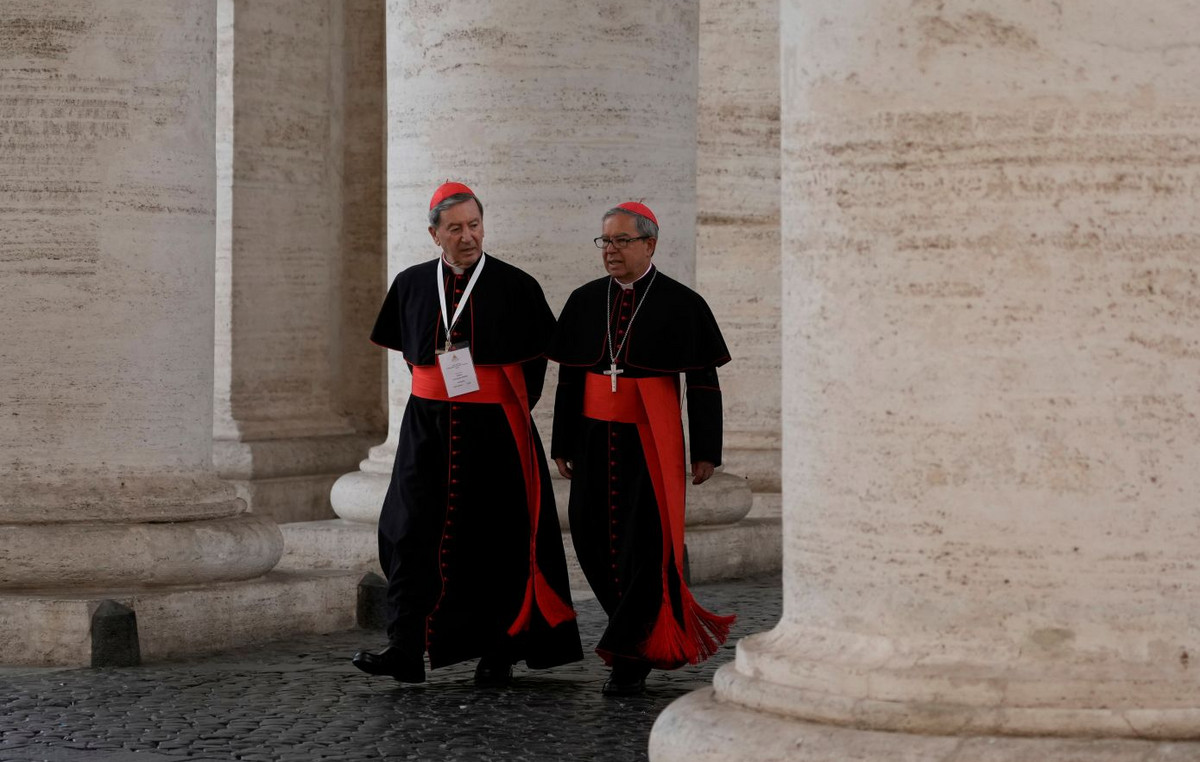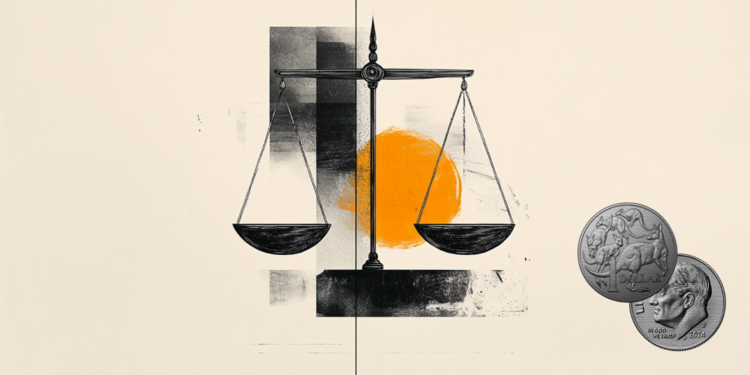A part of the justices of the Federal Supreme Court (STF) were upset with the attitude of Minister Cármen Lúcia to ask for a judgment on the appeal against the decision of Minister Kassio Nunes Marques that suspended the impeachment of the Paraná state deputy Fernando Farncischini (União Brasil). According to interlocutors of the Court, it is most likely that one of the ministers will interrupt the trial, scheduled for this Tuesday (7) in the virtual plenary, with a request for prominence. When this happens, the case is transferred to the physical plenary.
For this wing of the Court, the most correct thing would be to wait for Nunes Marques’ initiative to bring it to trial, since he is the rapporteur of the case. However, the minister’s decision left STF colleagues angry. This is because, with a stroke of the pen, Nunes Marques overturned an important precedent of the Superior Electoral Court (TSE) in the sense of combating fake news. Francischini was impeached for spreading false news that electronic voting machines were rigged in the 2018 elections.
The trend of the trial, whether in the virtual or physical plenary, is for the STF to overturn the injunction of Nunes Marques and restore the case law of the TSE.
After Cármen Lúcia asked for the matter to be judged, the president of the court, Luiz Fux, scheduled the case in the virtual plenary, in an extraordinary session. The virtual plenary is a system in which ministers post their votes in writing. There is no public debate between them, or transmission by TV Justiça, which leaves the topic less exposed to the spotlight.
When a minister asks for prominence in the virtual plenary, the trial needs to be restarted in the physical plenary. In this case, it will be up to Fux to fit the topic on the agenda, which is ready by the end of the month, when the semester in the Judiciary ends.
The process that was guided is an appeal by one of Francischini’s alternates and has Cármen Lúcia as rapporteur. The Electoral Attorney General’s Office must also file an appeal. If that happens, the case will be referred to Nunes Marques’ office, which will have the power to choose when to release the case for trial. For Carmen Lúcia, however, the case requires urgency. That’s why she asked for an extraordinary session in the virtual plenary.
Source: CNN Brasil
I’m Susan Karen, a professional writer and editor at World Stock Market. I specialize in Entertainment news, writing stories that keep readers informed on all the latest developments in the industry. With over five years of experience in creating engaging content and copywriting for various media outlets, I have grown to become an invaluable asset to any team.







